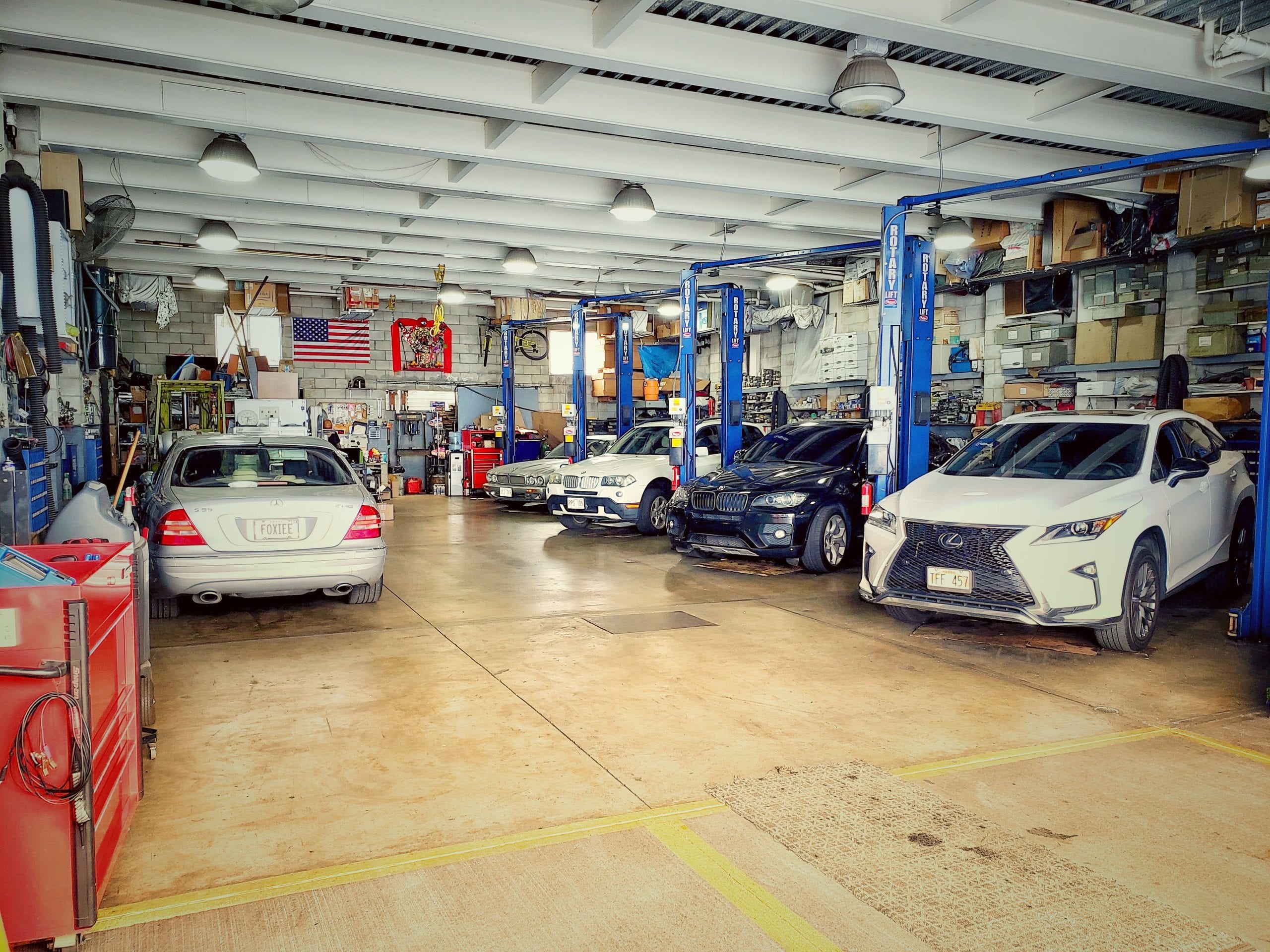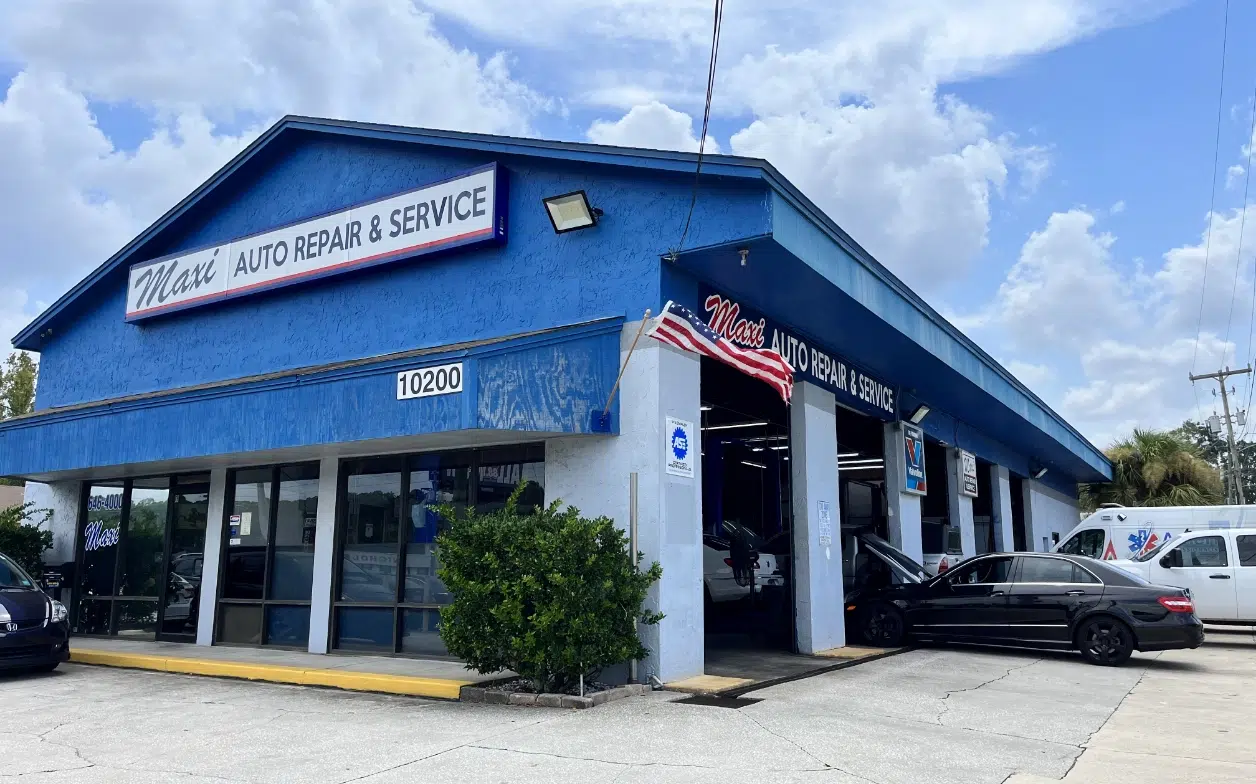All Categories
Featured

When it comes to lorry upkeep, the brakes are perhaps the most essential system for ensuring your security. Routine brake examinations are crucial to maintaining your braking system in top condition.
- Why Brake Inspections Are Important. Brakes are developed to put on down with time, but without regular evaluations, you may not observe when they become less efficient. A defective brake system can cause significant crashes, raised repair service costs, and even the requirement to change various other car elements.
Brake inspections not just aid you catch potential issues before they escalate, however they likewise enable better braking efficiency, enhanced lorry lifespan, and boosted safety.
- Recognizing Indication for Brake Problems. While regular assessments are essential, you do not need to wait till your automobile's following see to the auto mechanic. Expect these caution indicators that may suggest it's time for an assessment:
Uncommon Noises: A high-pitched squeal or grinding noise when applying the brakes frequently signals that the brake pads are used down or harmed. Soft or Spongy Brake Pedal: If the brake pedal feels soft or mushy when pressed, there may be air or moisture in the brake lines, or the brake liquid may be reduced. Pulling to One Side: If the lorry pulls to one side while braking, it might indicate unequal brake pad wear or a hydraulic problem in the brake system. Resonance in the Wheel or Pedal: If you experience resonance or pulsation when braking, it may suggest warped rotors or unequal brake pad wear. Raised Quiting Range: If it takes longer than typical to bring your cars and truck to a stop, it may be time to inspect the brake pads, fluid degrees, or blades. If you observe any of these indicators, it's finest to have your brakes inspected quickly by a specialist.
- Key Components Checked Throughout a Brake Inspection. Throughout a brake assessment, a qualified auto mechanic will take a look at numerous essential elements of the brake system to guarantee they're functioning appropriately. Several of the most integral parts to evaluate consist of:
Brake Pads: These are the friction material that presses versus the brake rotor to decrease the vehicle. Gradually, the brake pads put on down and require changing. Brake Rotors: Blades are the steel discs that the brake pads clamp down on. They ought to be smooth and without deep grooves or cracks. Brake Liquid: The brake fluid transfers the pressure from the pedal to the brakes. Reduced liquid degrees or old, contaminated fluid can cause poor stopping efficiency. Brake Lines: Brake lines carry liquid from the master cyndrical tube to the brake elements. They need to be examined for leakages, cracks, or damages. Brake Calipers: These clamp the brake pads onto the rotors. They need to remain in good working order and devoid of leakages. Routinely examining these components ensures your stopping system works efficiently and helps you avoid harmful driving circumstances.
- Exactly how Commonly Should You Obtain Your Brakes Evaluated? The regularity of brake inspections depends upon your driving habits and the sort of vehicle you own. As a general standard, it's recommended to evaluate your brakes a minimum of yearly or every 12,000 miles. If you drive in heavy web traffic, often lug hefty lots, or drive on hilly terrain, more regular examinations may be necessary.
It's likewise a good concept to have your brakes examined if you see any of the indication discussed previously, as this can avoid much more significant problems.
- The Price of Disregarding Brake Inspections. Disregarding routine brake evaluations can cause major consequences. Used brake pads, damaged rotors, or low brake fluid can trigger your braking system to stop working when you need it most. Along with the safety and security risks, ignoring brake maintenance can lead to costly repairs down the roadway.
As an example, if the brake pads are not replaced in time, the damages could reach the rotors, bring about the demand for rotor substitute-- a costly fixing. By scheduling normal brake inspections, you can avoid these costly fixings and keep your braking system in excellent problem for longer.

- What Takes place Throughout a Brake Evaluation? An expert mechanic will certainly execute a comprehensive examination of your vehicle's braking system, including checking for the following:
Brake Pad Density: Brake pads need to be changed when they have actually used down to a specific density. Blades Problem: The technician will certainly check the blades for indications of wear, bending, or racking up. Brake Fluid Level: Reduced brake liquid can impact stopping efficiency. The technician will examine the liquid degree and replenish it if necessary. Brake Line Integrity: The brake lines will certainly be inspected for any kind of leakages or fractures that can jeopardize the brake system. As soon as the inspection is total, the auto mechanic will certainly inform you of any required repairs or substitutes.
Conclusion: Remain Safe with Normal Brake Inspections. Your brakes are crucial to keeping you and your travelers safe on the roadway, so routine brake inspections need to never be ignored. By taking notice of warning indications, scheduling periodic brake checks, and addressing issues promptly, you can guarantee that your brakes are always in top form.
Don't wait until your brakes stop working-- stay aggressive about brake upkeep. A little financial investment in brake examinations today can conserve you from pricey repair services and harmful circumstances in the future.
Latest Posts
Dependable and Elegant Fencing Solutions for Every Space
Shop Artisan-Crafted Furniture
Why Adhere to Bathroom Fitter's Cleaning Guidelines?
